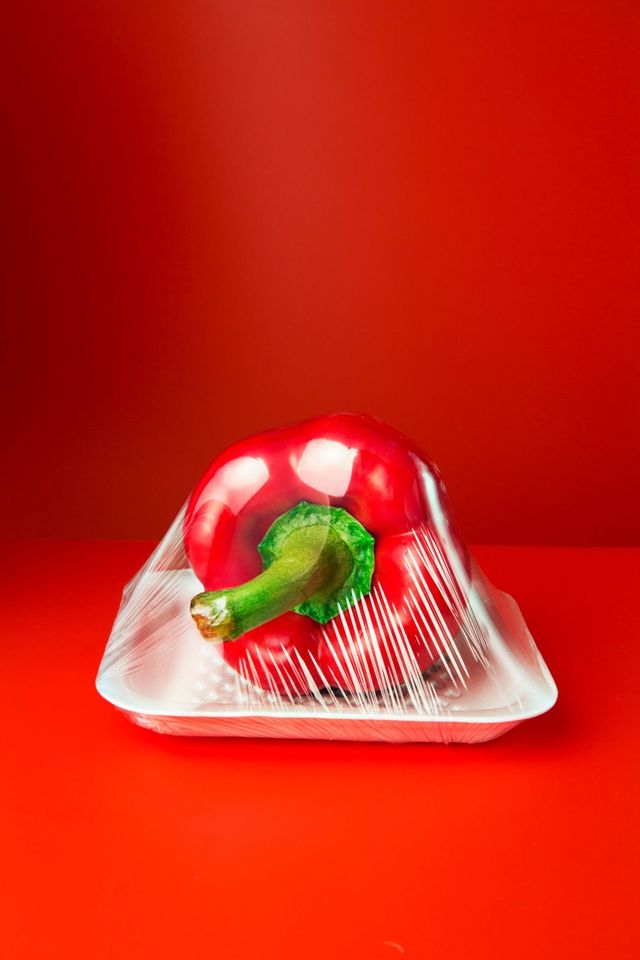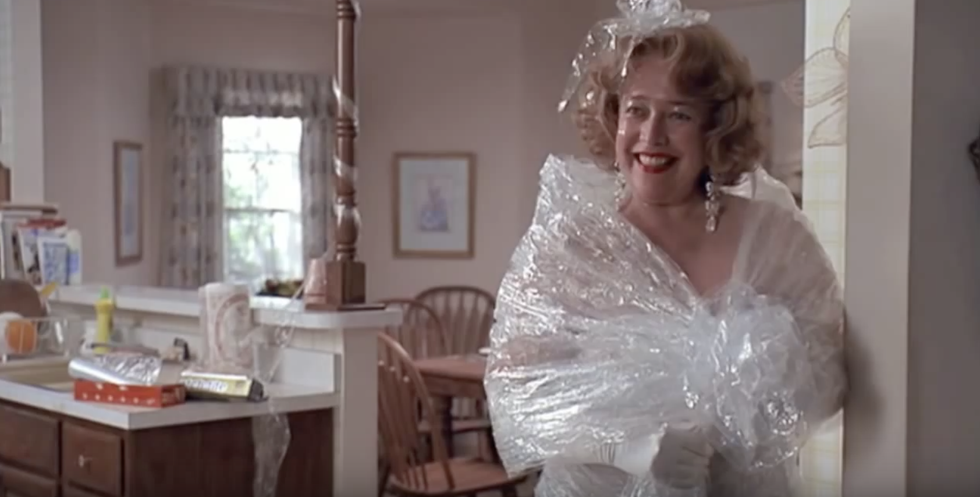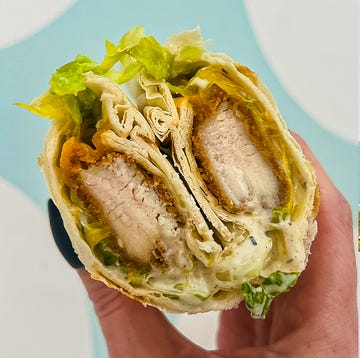Cling wrap, plastic wrap, Saran Wrap — no matter what you call it, or what brand it is, the clear adhesive plastic has been a staple in households for decades. Its ability to preserve and seal has been revered by the food industry, auto industry, and even the U.S. military, but if you've used it lately, you may have noticed it doesn't cling as well as it did in Fried Green Tomatoes.
There's a reason for that — and it has nothing to with saving money. In fact, changing the way Saran Wrap works came at a huge loss to the parent company, SC Johnson. The original wrap contained a chemical that's toxic to the planet. Polyvinylidene chloride, or PDVC, is the polymer in plastic wrap that makes it stick to itself so well. It also keeps odors in and is microwave-safe.
But right after SC Johnson acquired the product, the Food and Drug Administration started expressing concerns over products containing PDVC. (When they're burned, like they often are when trash is incinerated, they can release toxic chemicals into the environment.) So the Wisconsin-based company had to make a choice: keep the quality or continue contaminating the planet. And while that might seem like an obvious choice, many companies are not bold enough to choose planet over profit.
Since the change in formula, Saran Wrap's control of the market dropped from 18 to 11 percent. And the company no longer touts the product's superiority over other competitors.
CEO Fisk Johnson wrote in a Harvard Business Review article that, to him, the choice was difficult but necessary. "The goodwill of people is the only enduring thing in any business. The rest is shadow," he wrote, citing his great-great-grandfather Samuel Curtis Johnson in 1927. It's been the CEO's guiding motto for all of his career, and it's what ultimately convinced him to stop clinging to the harmful chemical.
Follow Delish on Instagram.
Download the Delish app.














